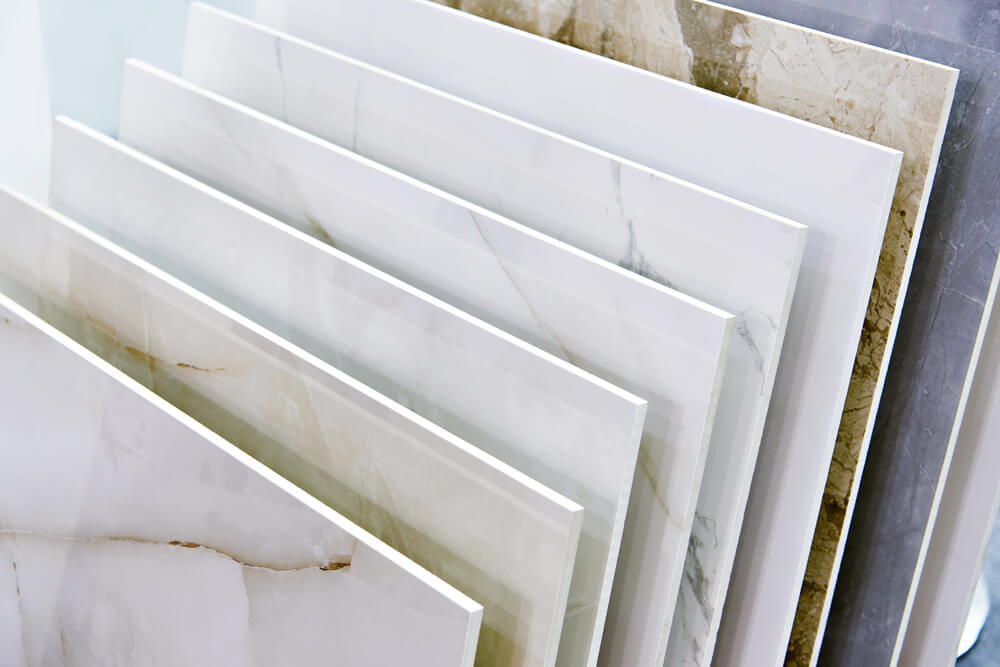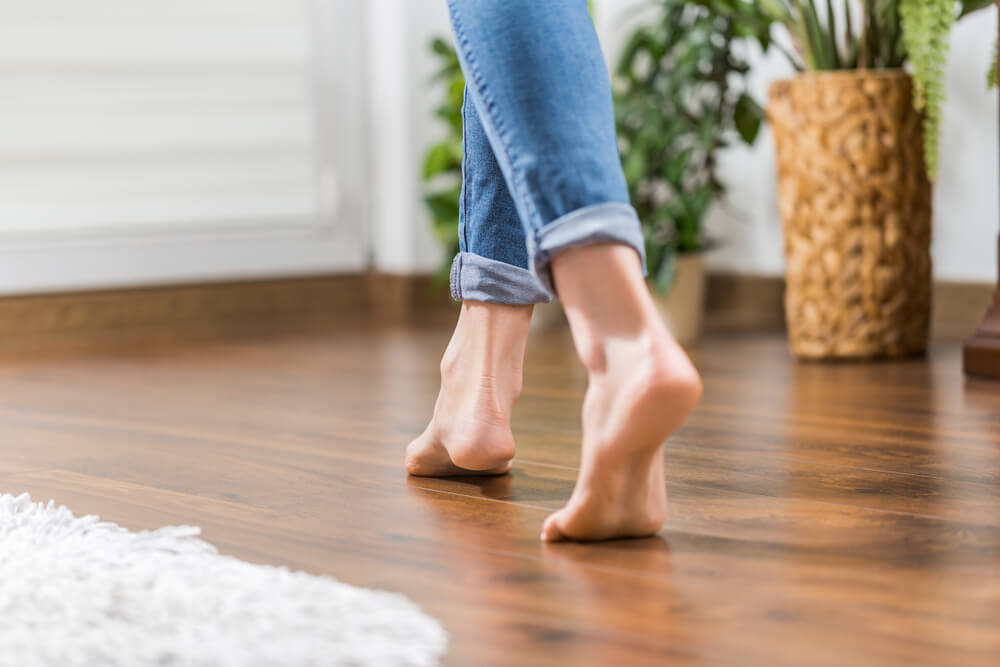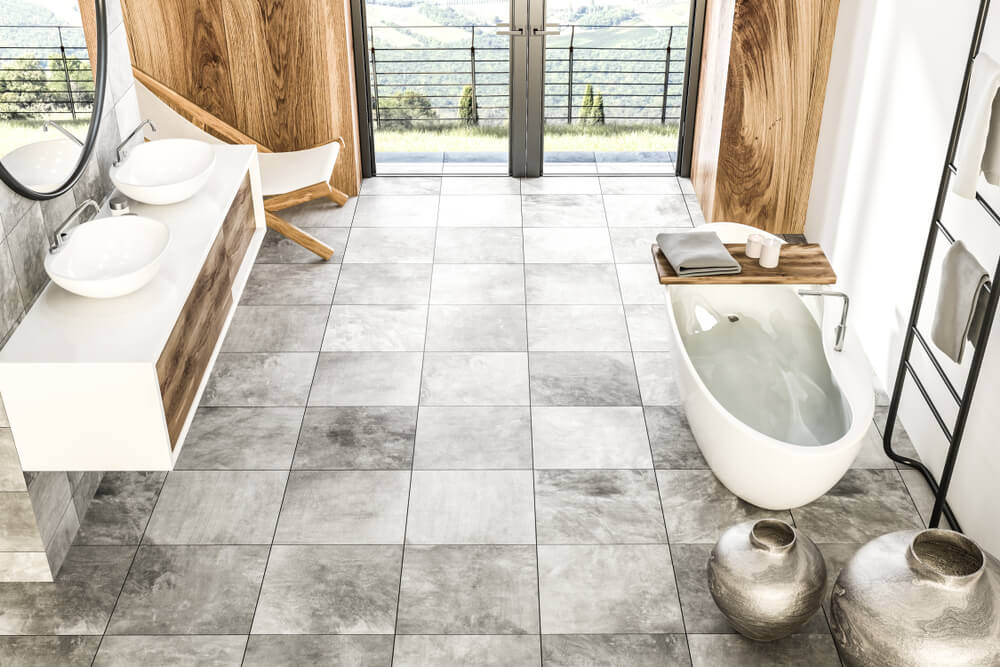Choosing the wrong flooring option for a wet area can show its consequences a few years or a few days after the installations are finished. Doing the research before you make a decision is the correct call, and you’re right to do so.
That’s why we’ve prepared a blog about the best waterproof floors and explained all the pros and cons of the most common solutions. We’ve also included a few options that you should try to avoid or change before it’s too late.
Keep reading and see which are the best waterproof flooring options on the market and how each one will benefit your home.
And for expert help, contact Triad Flooring and Bath.
Best Flooring for Wet Areas
There are better and less good choices when it comes to water-resistant flooring. Firstly, we’ll give you the options you should strongly consider. The materials below are among the best flooring for wet areas.
Ceramic Tiles
You guessed it. Ceramic tiles are quite a decent water-resistant flooring material. It doesn’t matter if you’re considering a bathroom remodel or a new pool floor. Ceramic tiles will withstand the conditions.
They have no problem with puddles or larger bodies of standing water, so this type of environment won’t cause them any harm.
The weakest link with this option doesn’t come from itself. Instead, ceramic tiles are connected with grouted seams which can crack after some time, allowing moisture to go beneath the tiles.
Also, ceramic tiles can be cracked if you drop something. Keep that in mind if you live with kids.
Porcelain Tiles

Yes, this water-resistant flooring option is quite similar to the last one. But there is a reason both of these are among the best waterproof floors.
Porcelain is a type of ceramic, and you’ll often see it in pools, showers, bathrooms, and any other wet area that needs flooring. The reason for its popularity is the quality of the material.
Porcelain is built in high temperatures from fine clay. This makes it highly resistant to water, with only 0.5 percent absorption.
Though other materials are worth considering, porcelain is likely the best flooring for wet areas. The grout seams are its only weak spot. But, with regular maintenance, even that can be avoided.
Make sure you hire professionals who know what they’re doing, and the porcelain in your home can last a lifetime.
Luxury Vinyl Flooring Planks
Luxury vinyl flooring is another mention that should get its fair share of attention when it comes to waterproof flooring options. This material comes in long planks, usually 48 inches long and 7 inches wide, and is entirely waterproof.
The planks are connected through a lock-and-fold system and tend to hold quite tight. The advantage of this material is that the entire pieces are waterproof, including the core of each plank. That’s something you don’t get with plastic laminate.
However, we still can’t put luxury vinyl in front of porcelain. Sometimes, if the installation isn’t immaculate, the planks won’t be connected correctly and will allow water to go between them. That’s why it’s crucial to find a team with experience in this type of work before anything else.
Concrete
You probably didn’t expect to see concrete on this list. However, though often overlooked, concrete is worth mentioning.
Though it may not be as visually appealing as some other waterproof flooring options, it has its advantages. Aside from handling water quite well, this unorthodox material is growing in popularity.
Over the last few years, we have seen more and more concrete in home interiors, and the aesthetic is quite interesting. Dare to give it a shot, and maybe you’ll fall in love.
Acceptable Flooring Options for Wet Areas
The materials below aren’t 100% waterproof but are still a decent solution for wet areas. The top layer is, though, and through tight seams, it stops the water from going any further down.
Engineered Wood
The most significant competitors in this category are engineered wood and plastic laminate flooring. So, let’s resolve that debate straight away – engineered wood takes the edge. It’s built from a sturdier material, more resistant to water.
However, engineer wood is made for something other than large puddles of water. So, no, this isn’t an option for a pool or a tub. Splashes and smaller amounts of fluids aren’t a cause for worry, though. As long as you wipe them off immediately, they won’t cause any damage.
Laminate
The top layer of this flooring option actually performs quite well against water. However, the problem occurs when water gets to the core. Laminate has a fiberboard core that doesn’t handle moisture that easily. It’s prone to swelling and blistering when in touch with water, so that’s something you’ll want to avoid.
If the core becomes damp, there won’t be much flooring to take care of, so wipe all spills right away if you’re in it for the long hall.
Materials You Should Avoid Installing in Damp Locations
There are some options you should avoid in damp locations. See what they are and avoid making a mistake you’ll regret.
Solid Hardwood

Solid hardwood is a high-quality material. In most rooms of the house, it would be a perfect choice. However, bathrooms, basements, and other moist areas aren’t its friend.
Water damages hardwood quite easily, and once it does so, they are never the same. That’s why we suggest you consider alternatives before deciding on a hardwood floor for your bathroom.
There are still better and worse choices. If your mind is set on hardwood, try having it site-finished. The sealant fills the seams a bit, so it’s harder for water to go through. Pre-finished hardwood doesn’t have this advantage and isn’t the option you should seek for this occasion.
Carpeting
This is a no-brainer. But, just in case you were considering it – don’t. Carpets aren’t meant to get wet often. They need much time to dry, likely leading to mold and mildew.
Synthetic materials like polyester or olefin are a better solution than something natural like wool, but regardless, there are better choices than carpeting for damp areas.
If your basement remodel requires a carpet, there are ways to make it work. Try elevating the floors for a bit, then applying the carpeting. This will make it harder for moisture to reach the sensitive material.
Hire Professionals
Even the best choices can be a headache if not installed properly. That’s why the key to any good remodel is having professionals perform the job. Our team at Triad Flooring and Bath has years of experience with this type of work and will help you choose and install the perfect material for your home.
Visit our website and talk to our employees before deciding on waterproof flooring.


